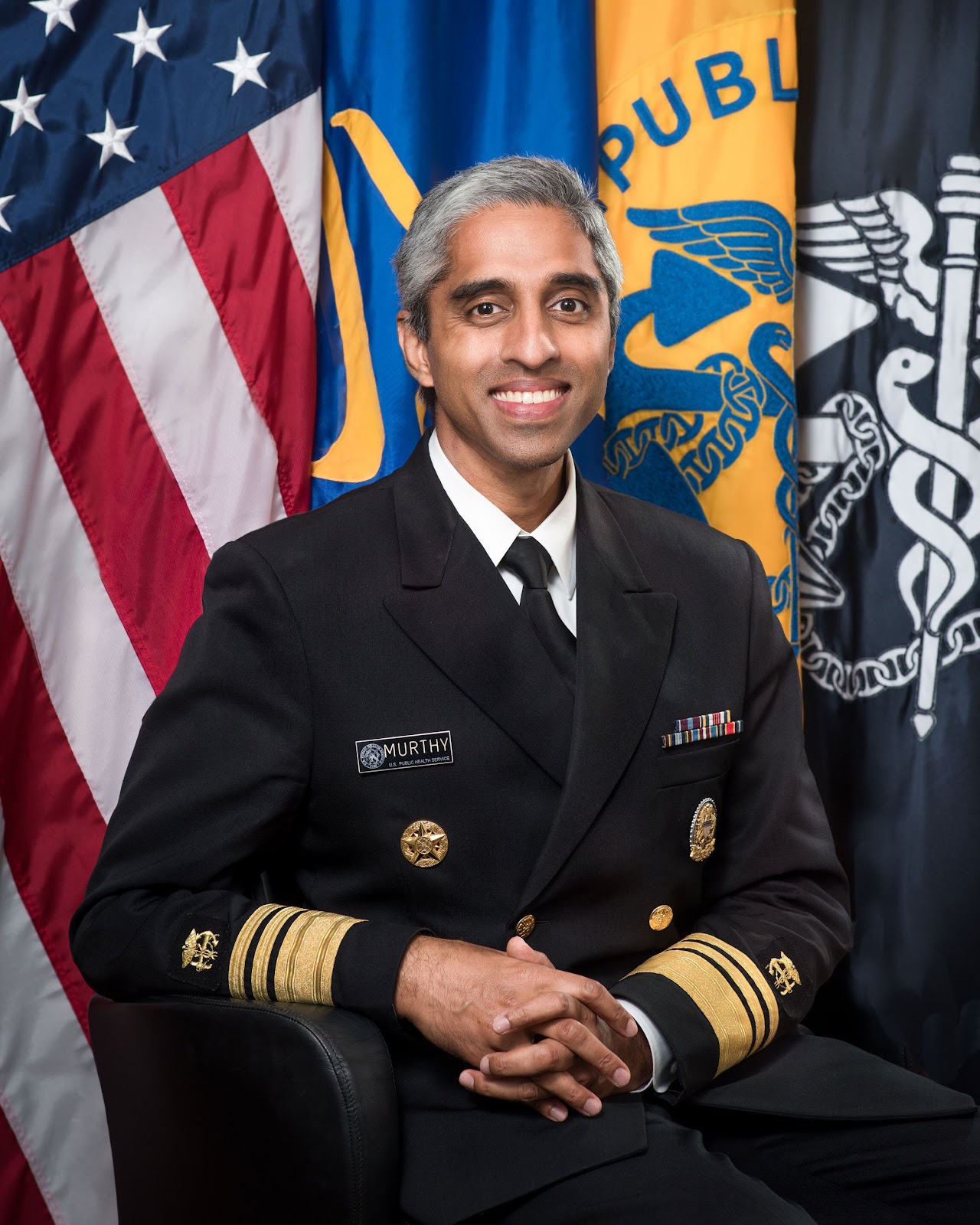I've often found myself in conversations with fellow Gen Xers about how cool it was as kids when we'd ride our bikes to our friend's house and follow the accepted rule of the day: "Be home before the street lights come on."
My gosh, how things have changed. Our kids had no desire to go out on their own. They cocooned themselves at home, and soon parents followed suit. Facebook came around, and many of us spent an inordinate amount of time on trivial things, such as social media, the Internet or streaming TV.
So the United States now is experiencing a mental-health crisis and various societal ills, and Surgeon General Vivek Murthy wrote a compelling book Together: The Healing Power of Human Connection in a Sometimes Lonely World (2020). Murthy's main point is that a lot of our nation's mental and physical health problems stem from a lack of community and connection.
That thesis rings true, and he explores various stories and facts to support it. The book, coincidentally, came out one month into the Covid shutout, and its main point has been amplified following that disaster. With lack of in-person, human connection a problem before Covid times, it's even worse now.
Personal technology, a fugazi of connection, is probably the biggest reason why individuals are so disconnected. They mistakenly think by spending hours upon hours on their screens that they are participating in connection, but in reality, they have accidentally given away their much-needed human time to the nothingburger of screen time.
When we toss in the political division that many Americans still swirl in, the lack of neighborhood connection, spurred by the loss of local news, and misconceptions of service, then it's easy to see how so many Americans are isolated. It might be counterintuitive. But service and giving, by the way, are not draining activities, but rather cup-filling ones. When we help others, we also help ourselves.
So the surgeon general of the United States has used his platform to wave his arms and point out this isolation, loneliness epidemic, and it was no newsflash to me. However, I did realize that this has been happening for at least the past 30 years. Back in 1995, Robert D. Putnam wrote an article Bowling Alone: America's Declining Social Capital and a subsequent book, in which he examined the United States' declining social capital. Since 1950, there has been a steady decline of in-person social interaction upon which Americans used to find, educate and enrich their social lives. Now, Americans literally find themselves sick without enough social interaction because we are social animals that are being neglected.
Of all that Murthy writes in Together, I found Chapter 7: Circles of Connection to be the most illuminating. Basically, we have three tiers of friends — our inner circle, middle circle and outer circle. The inner circle is our loved ones who we see every day. Sometimes, real close friends and confidants are there. The middle circle are our friends we see now and again and connect with every so often. Our outer circle are our colleagues and acquaintances.
Murthy suggests we connect with at least one person a day, preferably through a conversation or FaceTime who is in our middle circle. It's also important to understand that our inner circle cannot replace, or trump, our other circles. As human beings, we need to know that there are many, many people that do indeed care about us. It's not just our loved ones, but a whole menagerie of folks who've we've connected with and have affected us throughout our lives.
It's crucial to remember how important we are and how we care about so many people and vice versa. The chapter on our circles of friends begins with this brief quote from Ralph Waldo Emerson: "The only way to have a friend is to be one."
Then, as the next chapter opens, Murthy uses the following quote, which we'll end with. It's from Christopher Robin in Pooh's Grand Adventure: The Search for Christopher Robin.
"There is something you must always remember. You are braver than you believe, stronger than you seem and smarter than you think. But the most important thing is, even if we're apart, I'll always be with you."


No comments:
Post a Comment